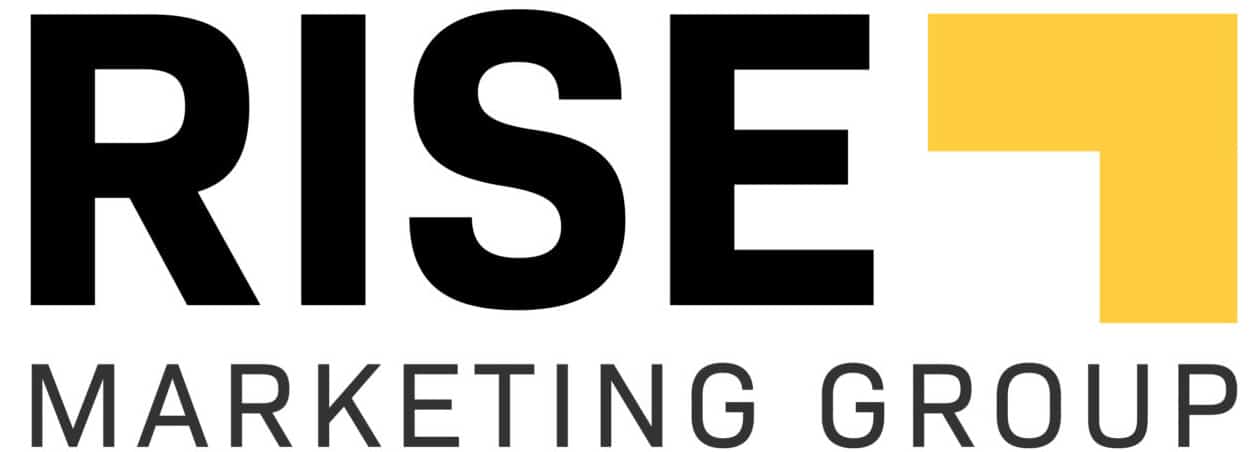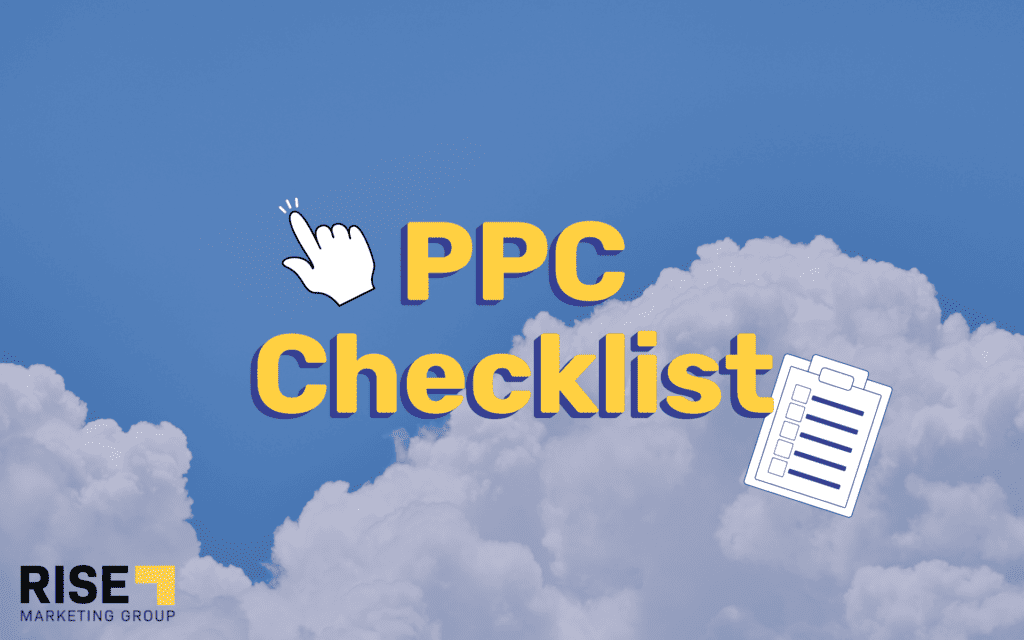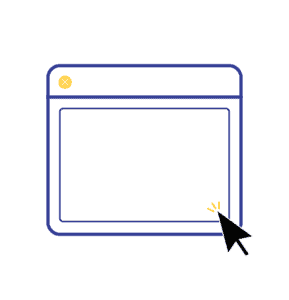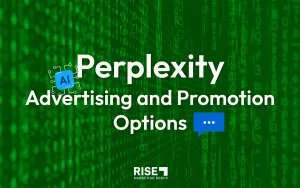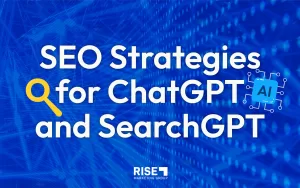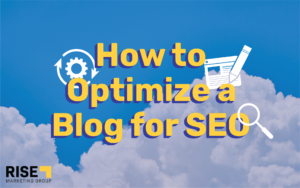PPC Checklist
Use this as your complete PPC Checklist to guide your website toward success and increase your traffic this year and beyond.
What is PPC?
PPC stands for pay-per-click, a form of digital advertising where the advertiser pays a fee each time one of their ads is clicked. The advertiser creates a marketing campaign made up of keyword or contextual targeting, geographic targeting, and a variety of creative including text or image, or video assets. These ads can be dynamic using AI and can appear on search engines, websites, social media platforms, and more.
Who Should Use PPC
Any person or company that offers a product or service can and should use PPC as part of their marketing plan. PPC is the most targeted, high-intent form of digital marketing, bringing your product directly to the hands of those searching for your services.
PPC Basics
Best practices are recommended ways to launch an effective and comprehensive PPC campaign.
- A robust and well-organized keyword portfolio
- Do I have a mix of match types?
- Are my keywords organized effectively into specific ad groups?
- Do I have high-intent keywords with service or product-specific modifiers?
- Is my ad copy compelling and does it set me apart from my competition?
- Landing page relevance – Does the landing page I am using resonate with what my users are looking for?
- Do I have my contact information highly visible and above the fold on the landing page?
- Do I have conversion events on my site to capture as much as I can from each visitor? Newsletter signups, email capture, contact forms.
- Does my content load quickly?
- Is my website secure?
- Am I providing users with high-quality content?
- Do I have a remarketing campaign set up to target previous visitors to the site that may not have converted on the first visit?
Your Complete PPC Checklist
So, what exactly do you need for a successful PPC campaign? We compiled a list of the most essential aspects of the most effective PPC. Check out our complete PPC checklist guide below.
1. Keyword Portfolio
It’s important to have a robust keyword portfolio that is organized by both match type, and the common theme, and is broken out into unique Ad Groups. You also want to make sure you have keywords with high intent modifiers that are more actionable, leading to a better chance of converting the traffic you bring to your site. Pro tip: Include both match types in one campaign and let AI determine which keyword brings the best conversion rate!
2. Enticing Ad Copy and Creative
Without ad copy, consumers will not know what your product or service offers. Ad Copy is the advertiser’s first opportunity to sell to a consumer. With the right ad copy, you can set yourself apart from the competition, offer a compelling promotion, or highlight what makes you the best choice. Pro tip: Use as many ad extensions as you can to take up more real estate on Google!
3. Relevant Landing Page
Now that we have a keyword list and ad copy, we need to make sure the landing page attracts users that match the messaging potential consumers have seen. Landing page relevancy is a key component of a successful marketing campaign.
You should have a dedicated landing page for each service group advertised and the messaging should expand upon the ad copy messaging. For example, any promotion offered in an ad should be mentioned on the landing page as well. Consistency is key!
4. Geo-Targeting
Geo-targeting is simply making sure the parameters you have set for where your ads can be displayed matches your serving area. For example, if you know you only service a 20-mile radius, you want to make sure you are not targeting consumers outside of that 20 miles. Likewise, if the product or service you offer includes the entire state, or even beyond, make sure your targeting is inclusive of those areas.
5. Contact Information Above the Fold
Make it easy for the consumer to contact you. A clickable phone number on the top right of any landing page is a great way to ensure you won’t miss a call. Likewise, a contact form above the fold is also important. The less a consumer has to scroll or dig to find you, the better chance you have at converting that user.
6. Additional Conversion Events
Now that we have built a successful keyword campaign, we have the compelling ad copy and the proper geo-targeting in place, we need to make sure that we are getting the most value from each click. Having an email capture on the site works great for building email lists to use for a drip campaign. Having a newsletter opt-in is another great idea to collect user information.
7. Tracking
Probably one of the most important things to set up before you launch any campaign is tracking. This allows you to have a fully transparent look into what keywords and campaigns are performing the best – and which are not as successful and might need to be modified or even removed. The value in PPC advertising is the super granular (down to the keyword level) data that is available to you.
Here are a few examples of ways you might use tracking
- To optimize at the keyword/campaign/ad group level
- Increasing budgets for campaigns that perform best
- Tracking which contact events are most successful
- Assigning value to the higher-value conversion events
- Using AI to allow the algorithm to optimize for those high-value conversion events
8. Remarketing
Not all users are going to convert the first time they visit your site. Make sure to set up a remarketing campaign to target users that have visited your site but may not have completed a transaction or submitted their info. You can use different events to qualify who you retarget to including time on site, bounce rate, duration from the last visit, etc.
How Long Does It Take for PPC to Work?
PPC is instant! The value and benefit of PPC are all in the data. Once you have launched your campaign you now have access to all of your data, you can control spending, you can add services as they become applicable, you can increase or decrease your geo-targeting depending on search volume in your area, you can test ad copy messaging, or you can let AI analyze you. The possibilities are endless!
Need help launching a PPC campaign?
If you need help launching a PPC campaign, Rise is here to help! Fill out our contact form and we’ll customize a program to achieve your goals and stay within budget.
